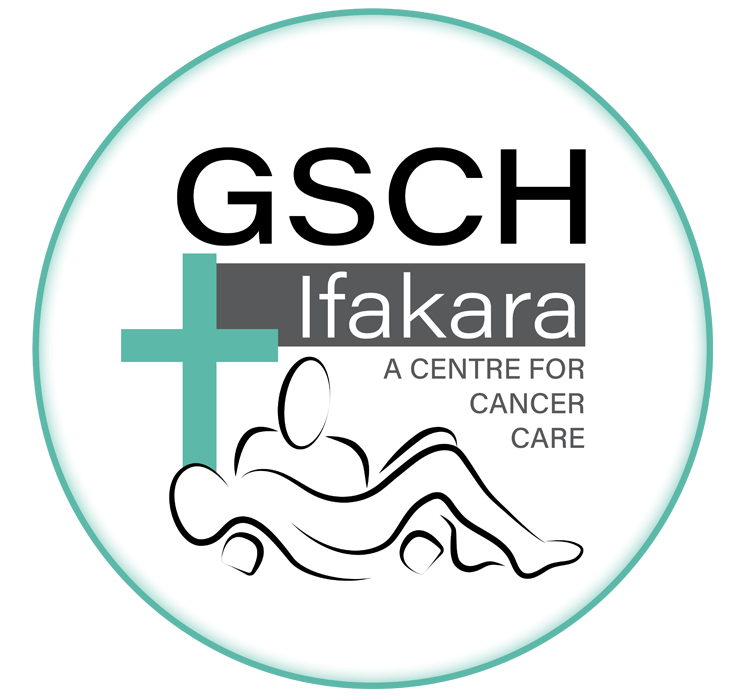
What is cancer?
Cancer is a non communicable disease that is caused by abnormal multiplication of cells. Normal cells divide and multiply in an orderly manner, they die when worn out or damaged and they are replaced by new ones. Cancer is named according to the place of origin.
Cancer can affect anyone the young and old, rich and poor, men and women. It is known as one of the leading causes of death worldwide, yet most of which can be prevented by a change of life style eg; by avoiding smoking, excessive alcohol intake, regular body checkups, cancer screening, exercises, healthy eating (fruits and vegetables) and vaccination/immunization against cancer causing infections. In 2018, there were 18.1 million new cases and 9.5 million cancer-related deaths worldwide. It is estimated by 2040, the number of new cancer cases per year is expected to rise to 29.5 million and the number of cancer-related deaths to 16.4 million (Source: International Agency for Research on Cancer).
Causes: Because of its complexity most of cancers have many causes or rather risk factors that can be modifiable or non modifiable including:
- Environmental factors
- Social economic factors
- Lifestyle and
- Genetics
- Age
- Gender/Sex
Signs and symptoms: Depends on the site. It may present with a swelling, a non healing ulcer, bleeding or pain.
NOTE: Not all swellings have malignant changes.
FACT: Cancer can spread (metastasize) in different areas of the body by local spread, through blood and lymphatics.
Diagnosis: No treatment without thorough investigations. Proper investigations confirm the diagnosis and ids in proper disease staging, these include;
- History and physical examination
- Laboratory: Haematology, Biochemistry, Histopathology, Immunohistochemistry(IHC) and Cytology.
- Radiological investigations give us staging also aid in guidance when taking some biopsies.
Treatment: Depends on the type of cancer and stage. It includes:
Surgery – removal of the tumor.
Drugs – Chemotherapy, given intravenously or orally.
Targeted therapy, Immunotherapy, Hormonal therapy
Radiotherapy – Use of high energy photons to treat cancer. Above mentioned treatments can be give alone or in combination. Cancer detected early have higher chances of cure, at late stages there is a role of good palliation to ease suffering.
No way, it can’t be me. I am a good person….Why me? This has been most of patient’s first reaction once they receive the news of them having cancer. It is okay to seek for more information, ask your doctor about all you need to know with regards to your disease. It’s okay taking a little time to processing; different people have different ways to accept/take in bad news.
Once diagnosed with cancer, know that you are not alone your doctor is with you for guidance on the way forward in regards to your treatment. Your family members are also there to support you. It is usually not a patient’s journey alone it needs social, spiritual and financial support.
Conclusion:
- Cancer is not a death sentence, LIVE!!! Don’t wait for permission.
- Be an advocate in fighting against cancer.
- Attend cancer support groups REMEMBER: No one understands you better like a cancer survivor. There is strength in sharing.
- Habits should be adopted to check health regularly including attending cancer screening and health education. Early detection saves lives and costs.
- Quit bad habits by modifying lifestyle.